As the world hurtles towards a future where genetic engineering is increasingly possible, a West Coast biotech entrepreneur has taken a bold step forward, securing $30 million to form a public-benefit company that aims to safely create genetically edited babies. The company, called Preventive, is being formed to research so-called heritable genome editing, in which the DNA of embryos would be modified by correcting harmful mutations or installing beneficial genes. The goal is to prevent disease, but the procedure remains shrouded in controversy.
Behind the scenes of this ambitious project is a man driven by a desire to revolutionize the field of genetic medicine. His name is not publicly disclosed, but his vision is clear: to harness the power of gene editing to prevent the suffering of millions. Preventive's mission is to develop a technology that can correct genetic mutations, which are responsible for a significant portion of human disease. The company's founders believe that by editing the genes of embryos, they can prevent the transmission of inherited diseases to future generations.
Preventive's approach is not without its challenges. The first scientist to successfully edit human embryos, He Jiankui, was imprisoned for three years in China for his role in the birth of the world's first gene-edited babies. The procedure remains illegal in many countries, including the US, and doubts surround its usefulness as a form of medicine. Critics argue that gene editing is a Pandora's box that could lead to unintended consequences, such as the creation of "designer babies" or the exacerbation of existing social inequalities.
Despite these concerns, Preventive's founders remain undeterred. They believe that the benefits of gene editing far outweigh the risks, and that their technology has the potential to revolutionize the field of genetic medicine. "We're not just talking about treating diseases, we're talking about preventing them," says a spokesperson for the company. "We believe that by editing the genes of embryos, we can prevent the transmission of inherited diseases to future generations."
As Preventive moves forward with its ambitious plans, it is not the only company working to harness the power of gene editing. Still Bright, a startup based in the US, is working to clean up the copper industry, which is responsible for a significant portion of pollution worldwide. The company's founders believe that by using a new type of copper extraction technology, they can reduce the environmental impact of copper production by up to 90%.
Still Bright's technology uses a process called "electrochemical extraction," which involves using a low-voltage electrical current to extract copper from ore. This process is not only more efficient than traditional methods, but it also produces significantly less waste and pollution. "We're not just talking about reducing pollution, we're talking about revolutionizing the entire copper industry," says the company's founder.
As the world hurtles towards a future where genetic engineering and clean technology are increasingly possible, it is clear that the possibilities are endless. Preventive's ambitious plans to create genetically edited babies and Still Bright's innovative approach to copper extraction are just the beginning. As we move forward into this brave new world, one thing is certain: the future will be shaped by the innovations of companies like these, and the impact will be felt for generations to come.
In the end, the question remains: what kind of world do we want to create? A world where genetic engineering is used to prevent disease and suffering, or a world where the benefits of technology are reserved for the few? The choice is ours, and the future is waiting.
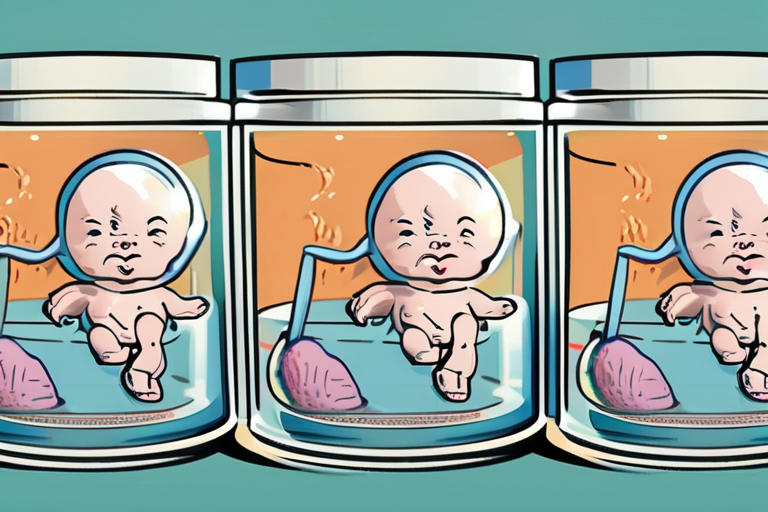


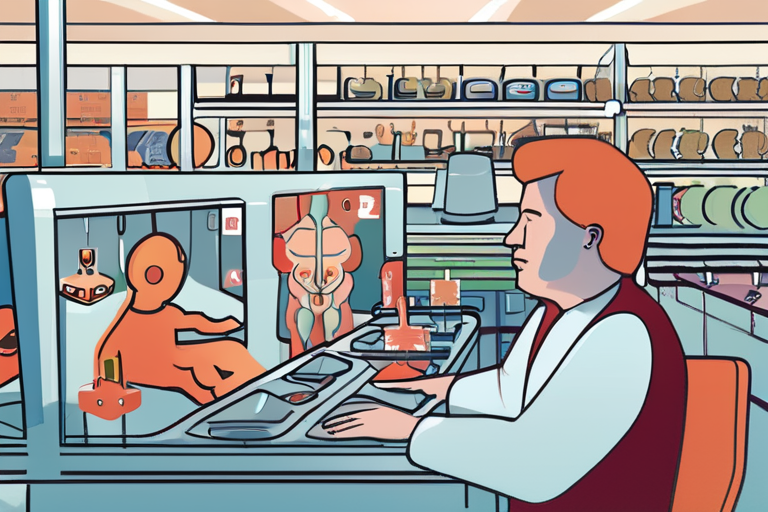
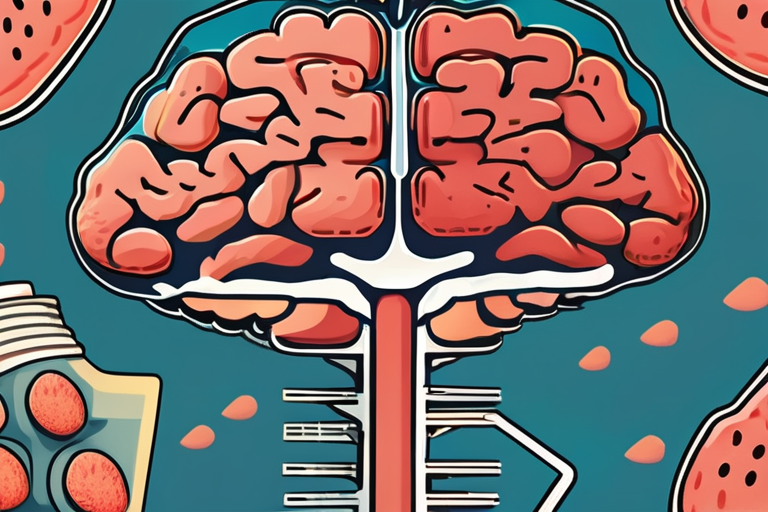
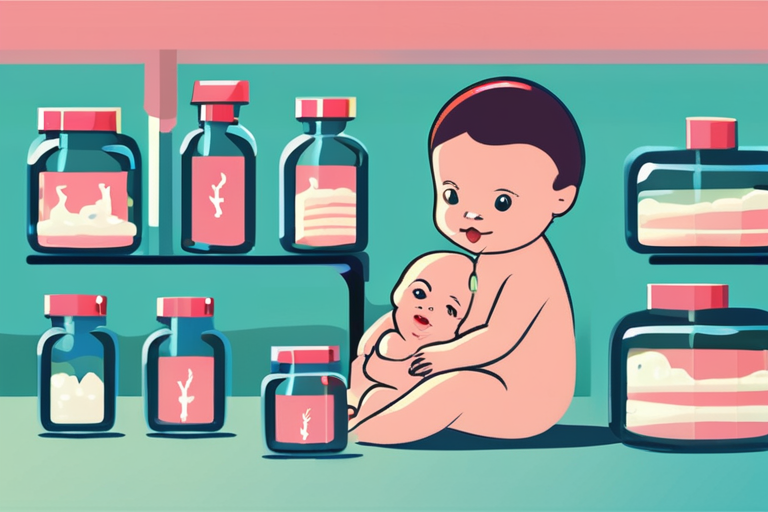

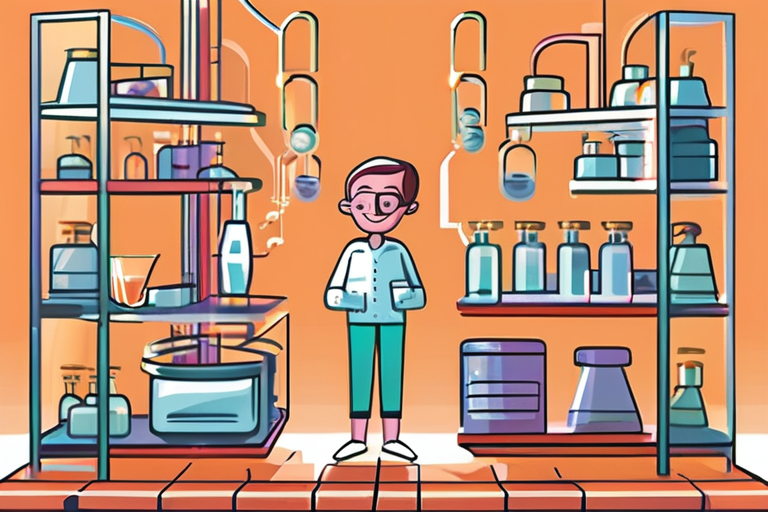
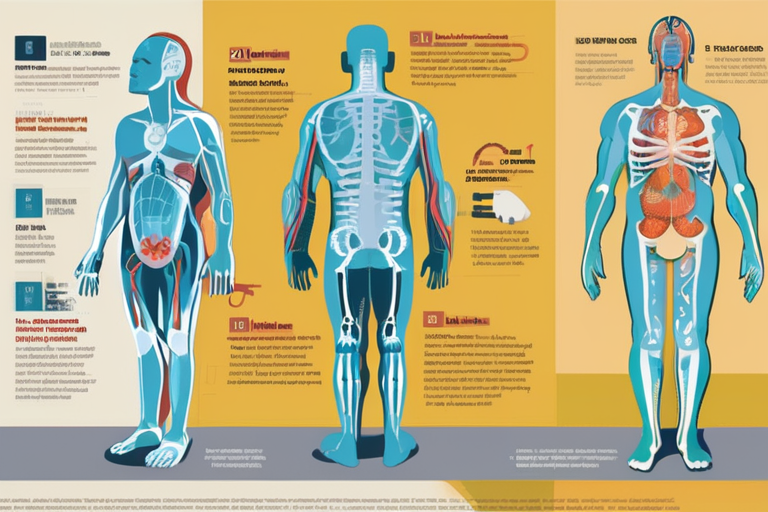
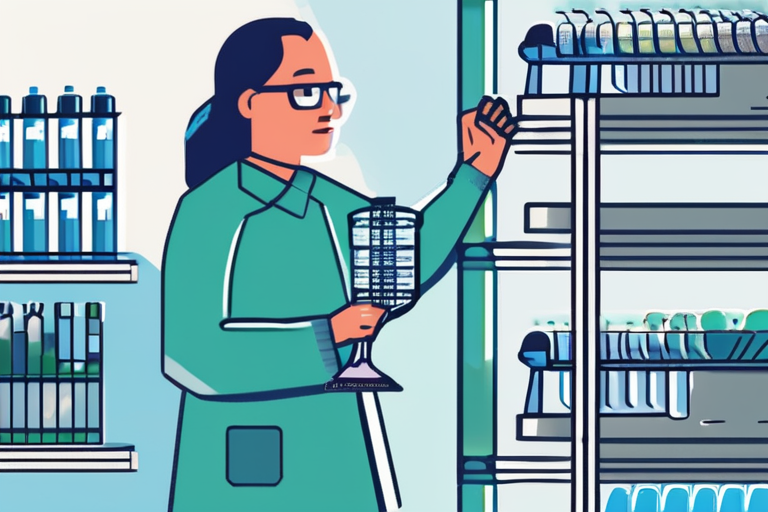
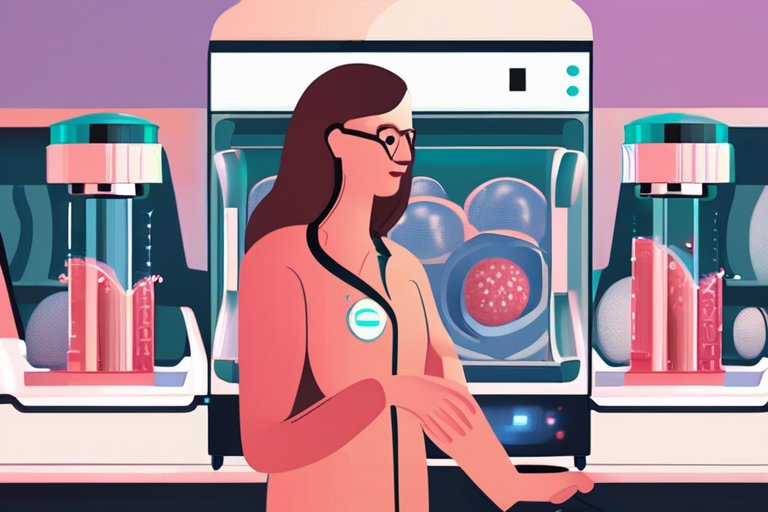
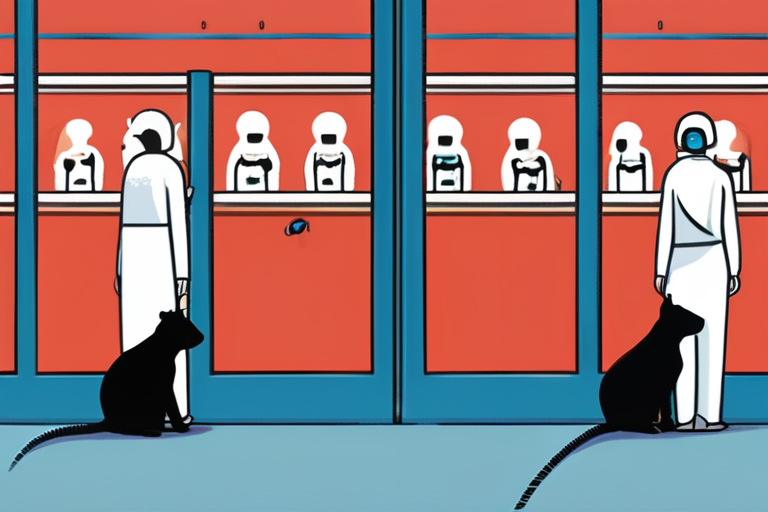

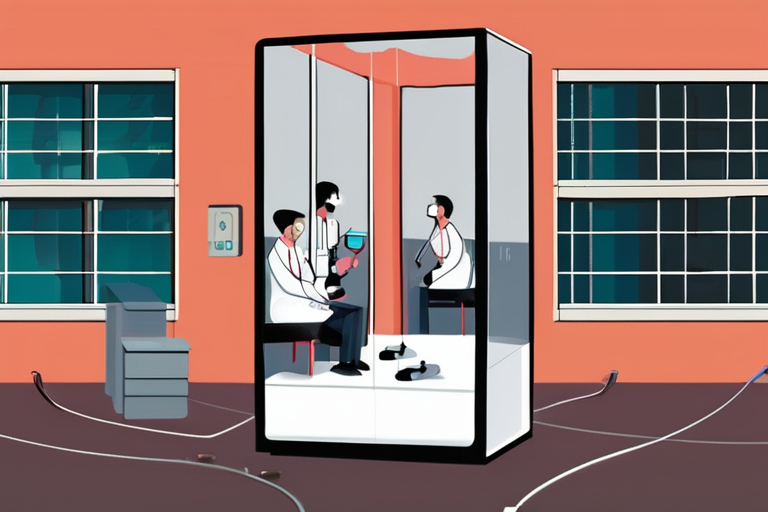
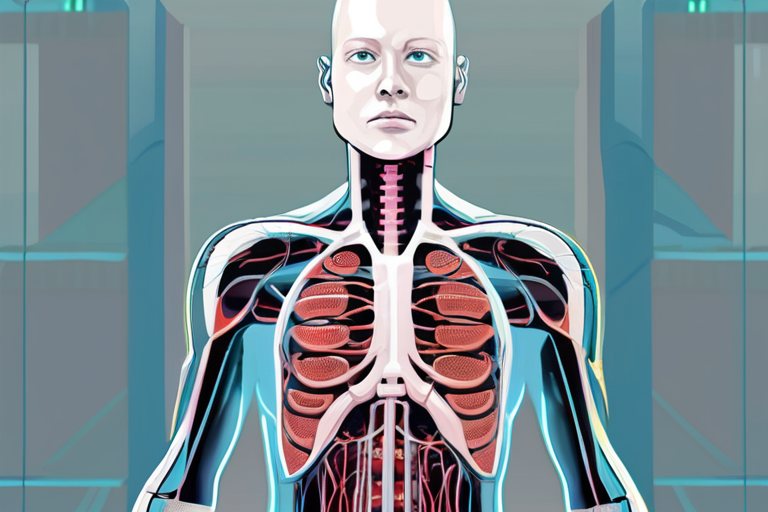
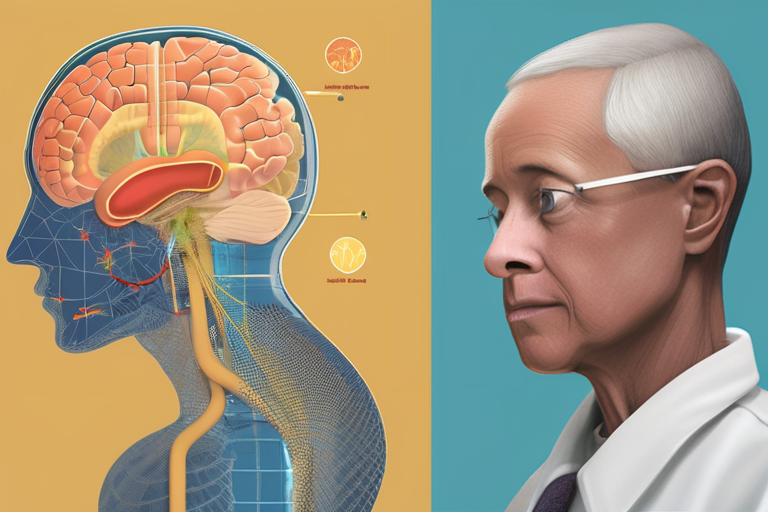
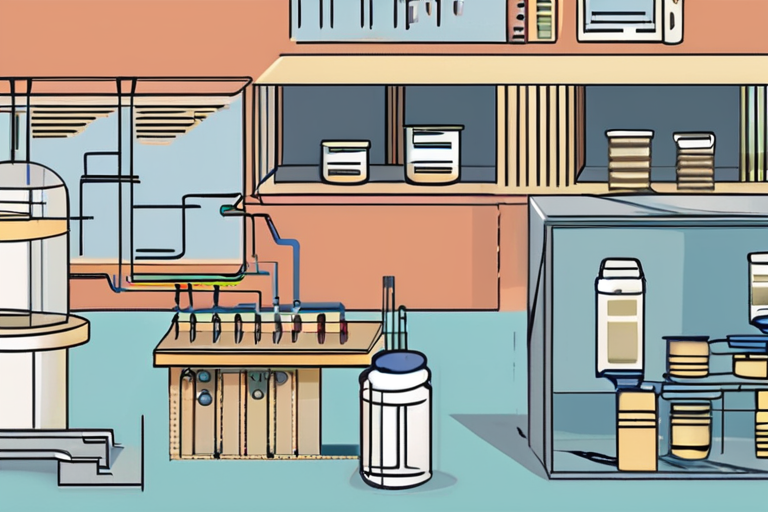
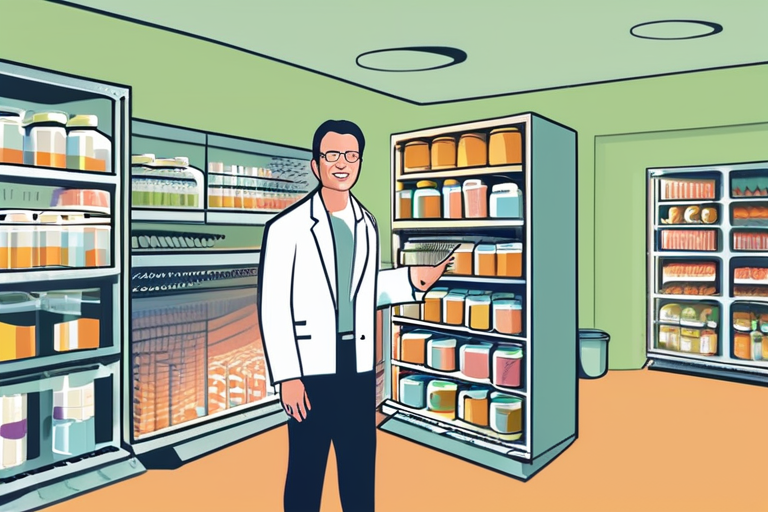
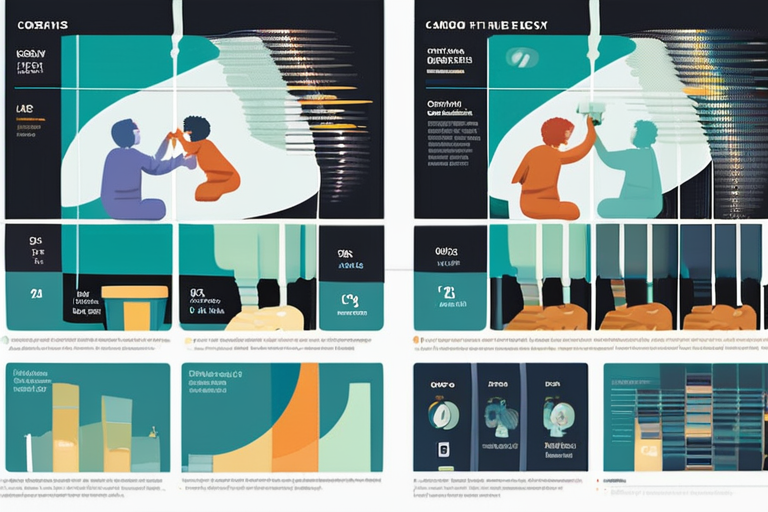

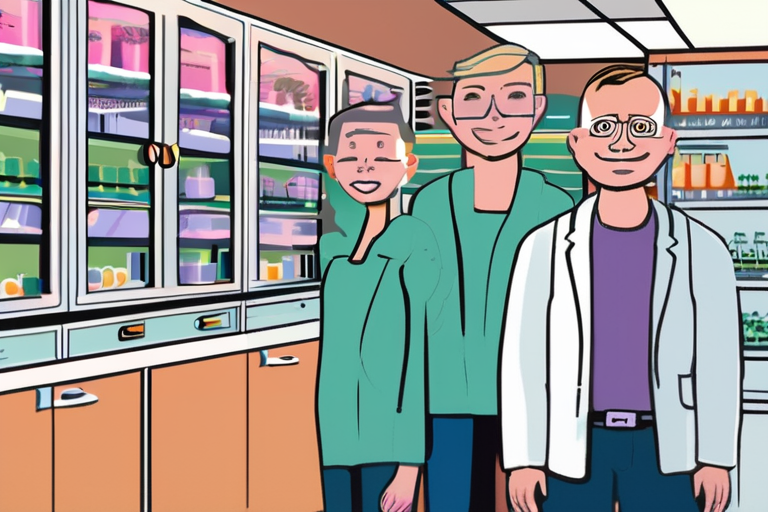
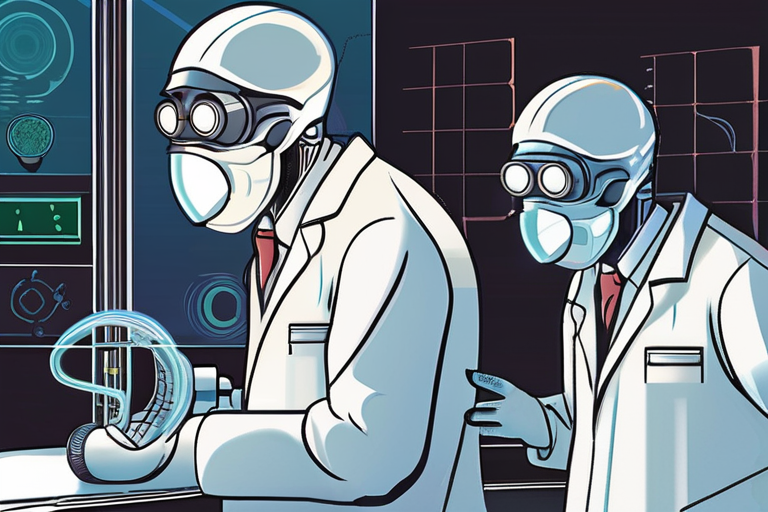
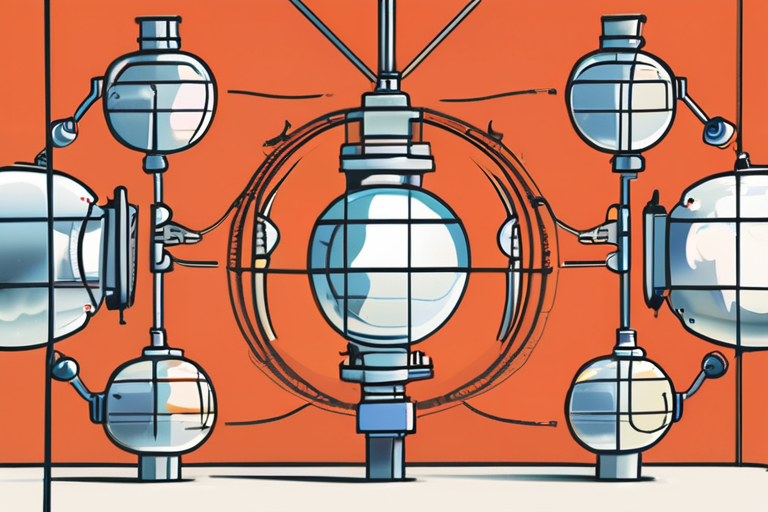
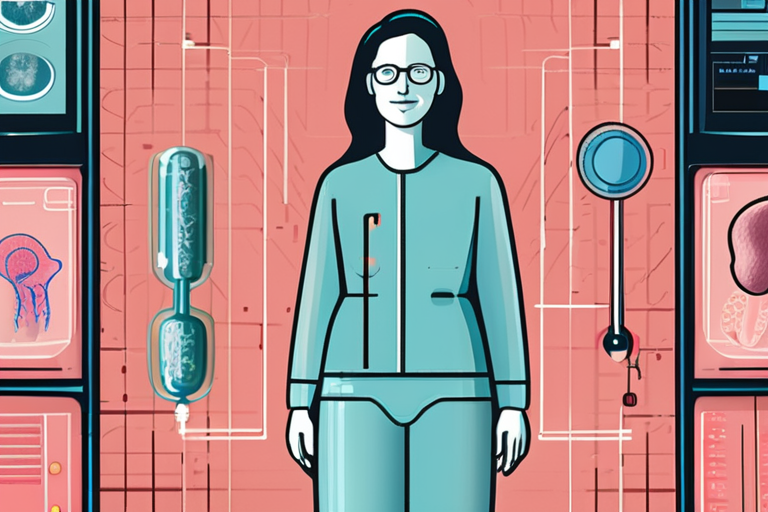
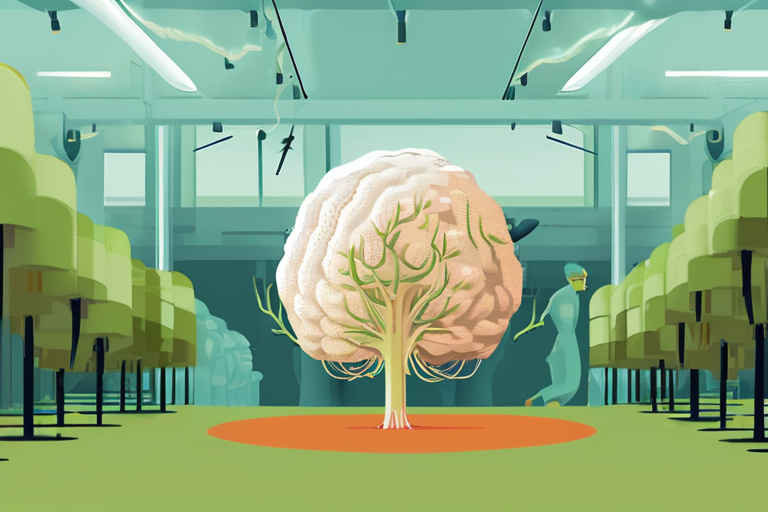

Share & Engage Share
Share this article